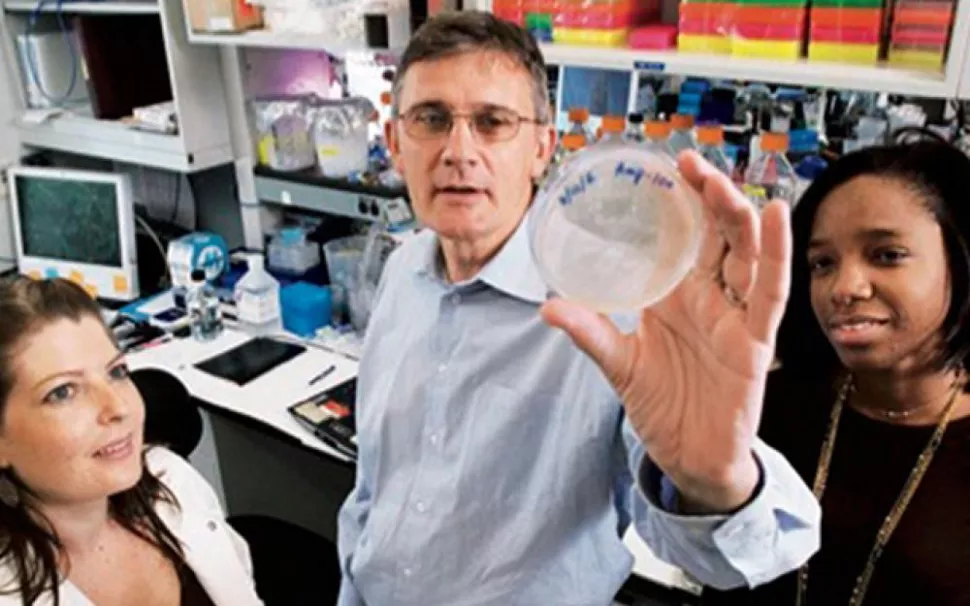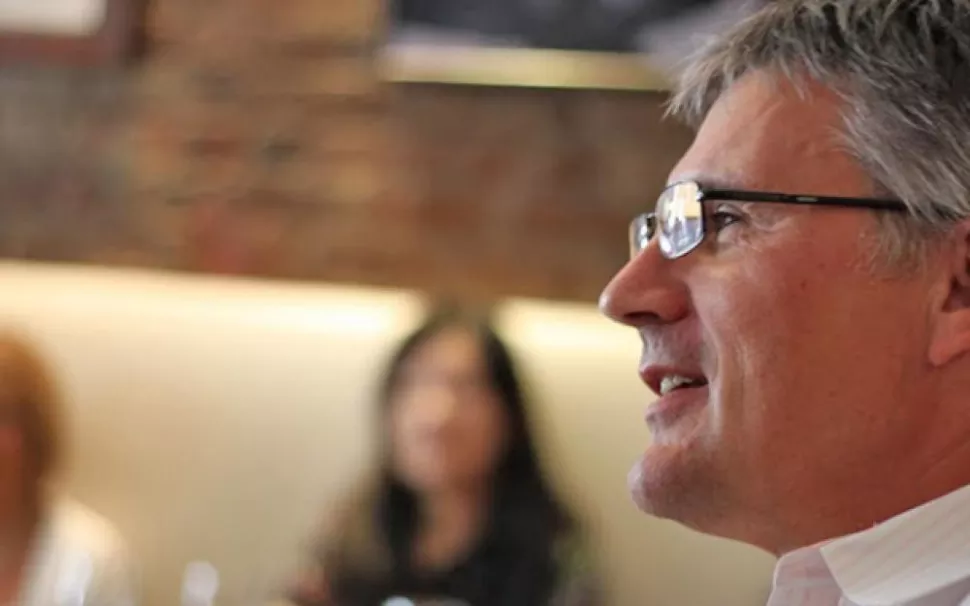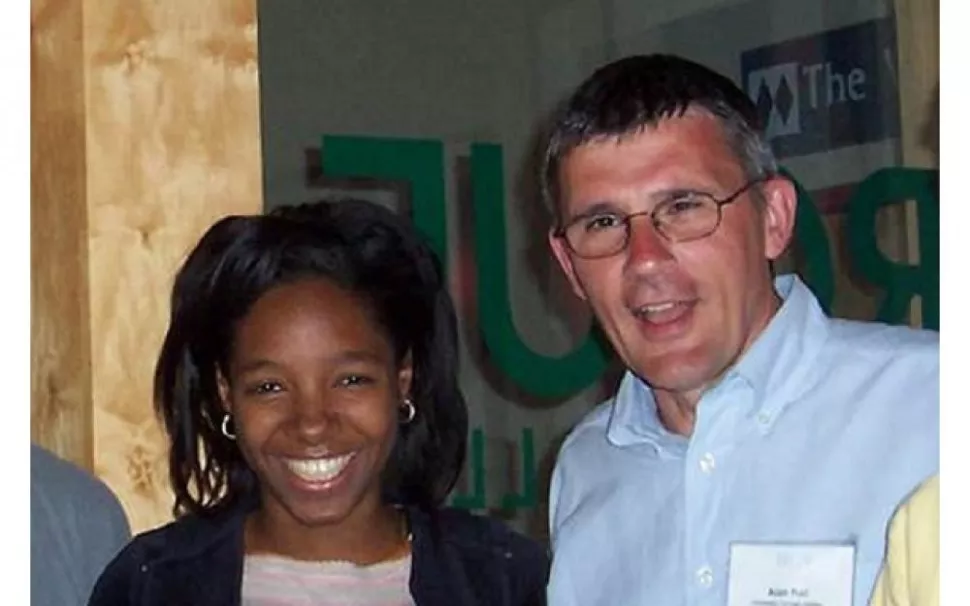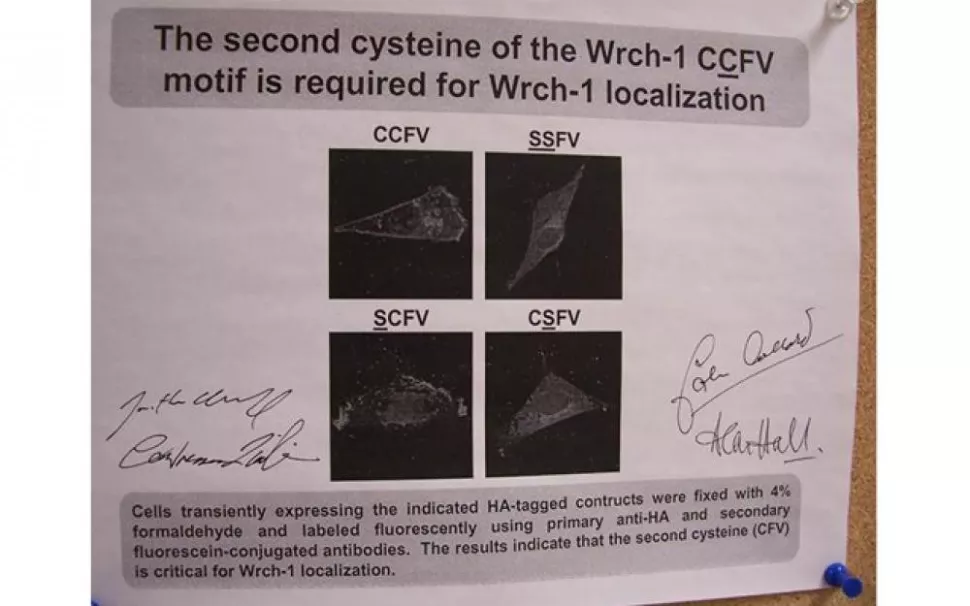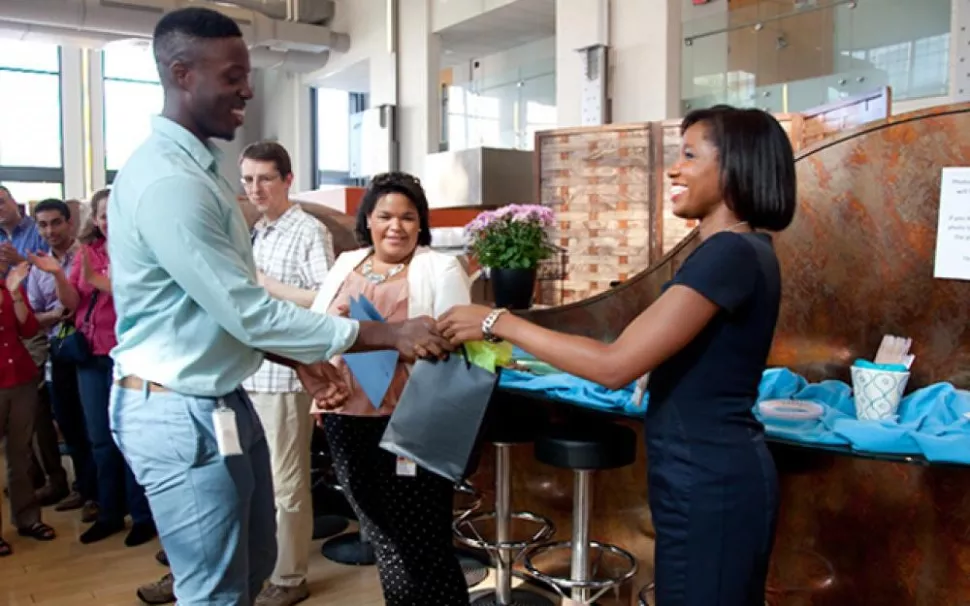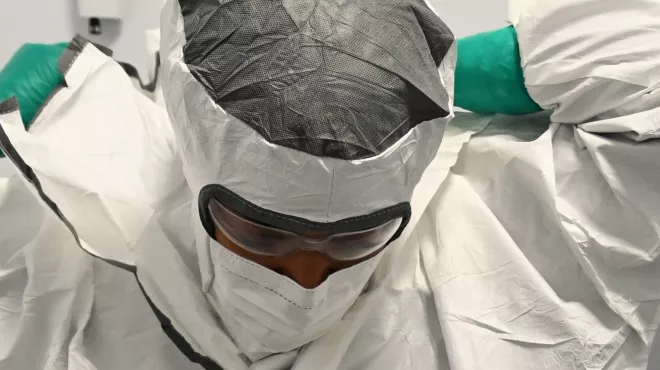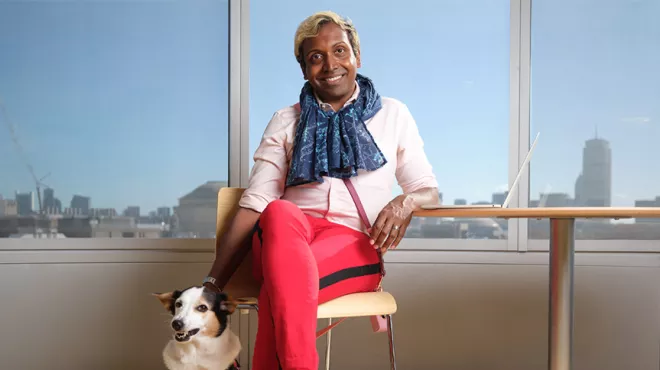Have you ever wondered how to identify the best scientific mentor for yourself? Or perhaps, you wonder how to be a great mentor or mentee?
These are questions I explore as lead of research and mentoring training programs for emerging scientists. I often refer to my own seminal mentoring relationship during my five-year postdoc with the late Alan Hall, PhD, Cell Biology Program Chair, at Memorial Sloan-Kettering Cancer Center in New York City. His lab was very diverse and welcomed people from many countries and regions of the United States. We all had different approaches to addressing our scientific questions, which made for very engaging discussions and collaborations. Hall celebrated everything. We were always acknowledged, whether it was for publications and grants, graduations and new jobs, or birthdays and cultural differences.
Following are five key mentoring behaviors Hall exhibited well and that you should look for in a mentor:
Acceptance and confirmation
When I first met Hall in 2003, he quickly showed his great capacity for acceptance and confirmation. I was a third-year PhD graduate student at a research conference in Colorado. I was already a fan of his work; he discovered key intracellular mechanisms driving cell shape and motility. I wanted to impress him with my scientific poster and capture his autograph. I saw him walking to dinner with four other well-known scientists and introduced myself. Always gracious, he invited me to join them for dinner. The result was an engaging, lively scientific discussion where my opinions were equally valued. I asked for his coveted autograph on my data slide, which he signed with flourish and good humor.
Listening and explicit support
It’s a common mistake for mentors and mentees to assume knowledge of what the other needs. Hall, conversely, engaged in reciprocal exchanges on expectations, learning styles, scientific direction, and career needs. I feel like we learned a lot from each other. For example, I wanted to write a review chapter on cellular migration to strengthen my knowledge in the field, establish my credibility, and identify potential scientific areas to pursue further. I asked Hall for recommendations on how I might achieve this. First, he listened. Then, he offered a review invitation from the European Molecular Biology Organization (EMBO) Journal he had recently received as an opportunity for me. Additionally, he met with me to discuss the review structure, provide edits, and give feedback on the illustrative diagrams. He even suggested classical papers that might help to orient me in the field.
Open-door approach
I never needed an appointment to see Hall and his office door was always open. I could walk in at any time and he would stop working or end phone calls just to speak with me. This behavior was impressive given that he was the Chair of the department. This pattern continued even after I left the lab for my position at the Novartis Institutes for BioMedical Research (NIBR), the research unit of the Swiss pharmaceutical company Novartis. I would stop by the lab during visits to New York City and our conversations transitioned from discussion about scientific theories and collaborative opportunities for my project to the challenges of leading a research lab, managing a department, and my perspective on career possibilities for postdocs outside academia.
Honest feedback
Clear, authentic, and constructive communication is a hallmark of strong mentoring relationships and one of Hall’s many strengths. During my postdoc, I was offered a part-time program management internship at a different institution. Hall readily agreed that I should pursue this opportunity as long as the experience didn’t adversely impact my research progression. I pursued it and it didn’t interfere with my work. Later, I applied for and received an international postdoc fellowship to do research in Italy. While he supported this endeavor, Hall shared his concerns on whether this was the best career move given my interests in scientific programming. He also shared that this might be a great opportunity if I was interested in gaining global experience and cultural intelligence.
Independence and trust
Hall didn’t try to clone himself in his trainees. His motto was always that we create our own future and scientific successes, and that his lab was a foundation on which we could flourish. There was an implied trust in our ability to drive our own projects. If we needed a collaboration and we felt we were unable to initiate it ourselves, he would step in. If we had a specific research approach or direction we wanted to try, he helped to foster it by providing critical feedback and opportunities by which we could explore it. He never stood in the way of our thinking and he didn’t write our grants and papers either. These were all our own ideas.
Hall mentored and inspired many graduate students, postdocs, and junior faculty and his mentoring legacy lives on through us. At Novartis, four of us are former Alan Hall postdocs: Aron Jaffe (Cambridge), Volker Stucke (Basel), Xiaojian Xu (Shanghai), and myself (Cambridge).
To learn more about mentoring relationships, research training programs at NIBR, and other opportunities, follow me @acberzat on Twitter. I will be tweeting live at the upcoming Leadership Alliance National Symposium—which runs July 24-26—from the @NovartisScience handle.
